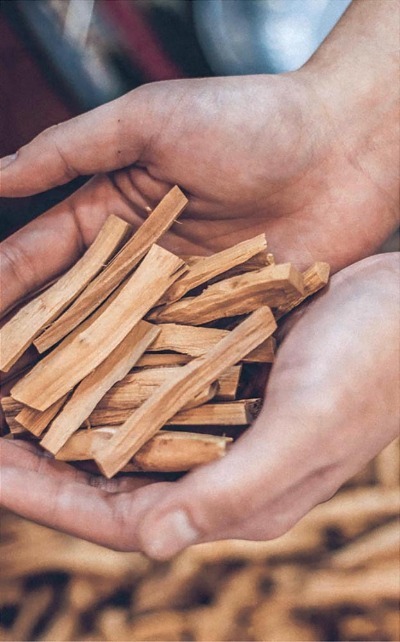 |
|
Sandalwood [Photo/2020 © Sober Or Blotto] |
The gin also uses sandalwood, paying homage to the city's long history as a port town and place of trade. The sandalwood hails from India and is a common sight (and scent) in Hong Kong's temples today. Perfume Trees sources the sandalwood from Wing Lee, a provider of incense sticks for more than a century in Hong Kong. There's also 15-year-aged tangerine peel. AChinese proverb says that aged tangerinepeel is worth its weight in gold and it's often used as an infusion in wine in China, but this is the first time it has been used to make a gin. The bitterness of the tangerine peel is softened by the lengthy ageing process, leaving a sweet citrusy flavour that has become a traditional seasoning with medicinal properties throughout Southern China.
Tea plays a part, too. The gin is infused with a premium blend of Longjing green tea from a traditional Hong Kong tea house, which lends a strong and flavourful foundation. And while many Western distillers already use angelica in gin, Perfume Trees uses Chinese angelica, with its distinctive warm, earthy and liquorice flavour profile.
Certainly, Perfume Trees has been gaining all the right accolades, too. It has picked up awards at a number of major global competitions, including the Best Contemporary Gin (Gold) at the World Gin Awards in 2019 and 2020, the Best in Class Gin (Platinum) at the 2019 SIP Awards in the US, and the Best Design Label at The World Gin Awards 2020.
Get ready to immerse yourself in the spirit of Hong Kong.
